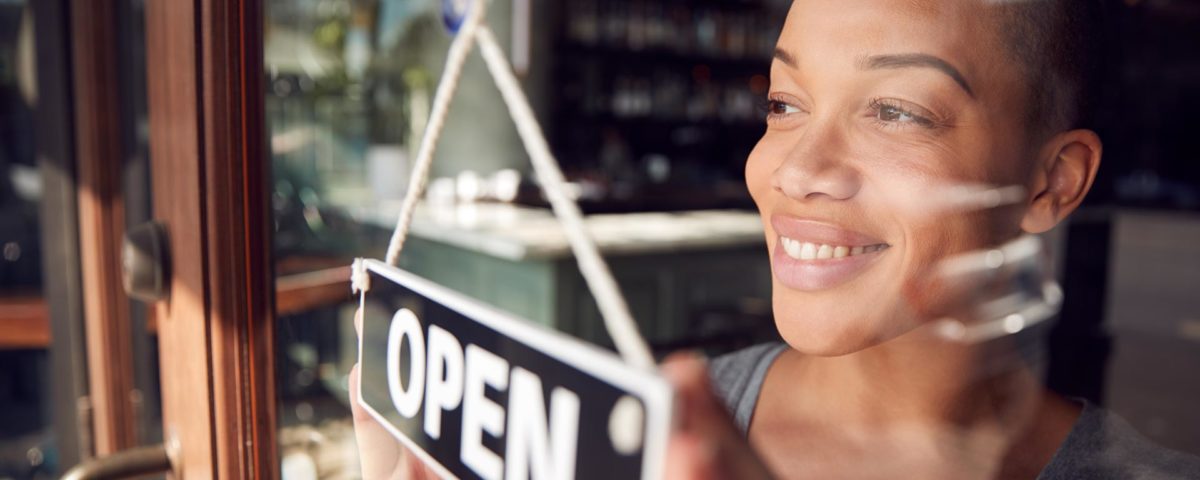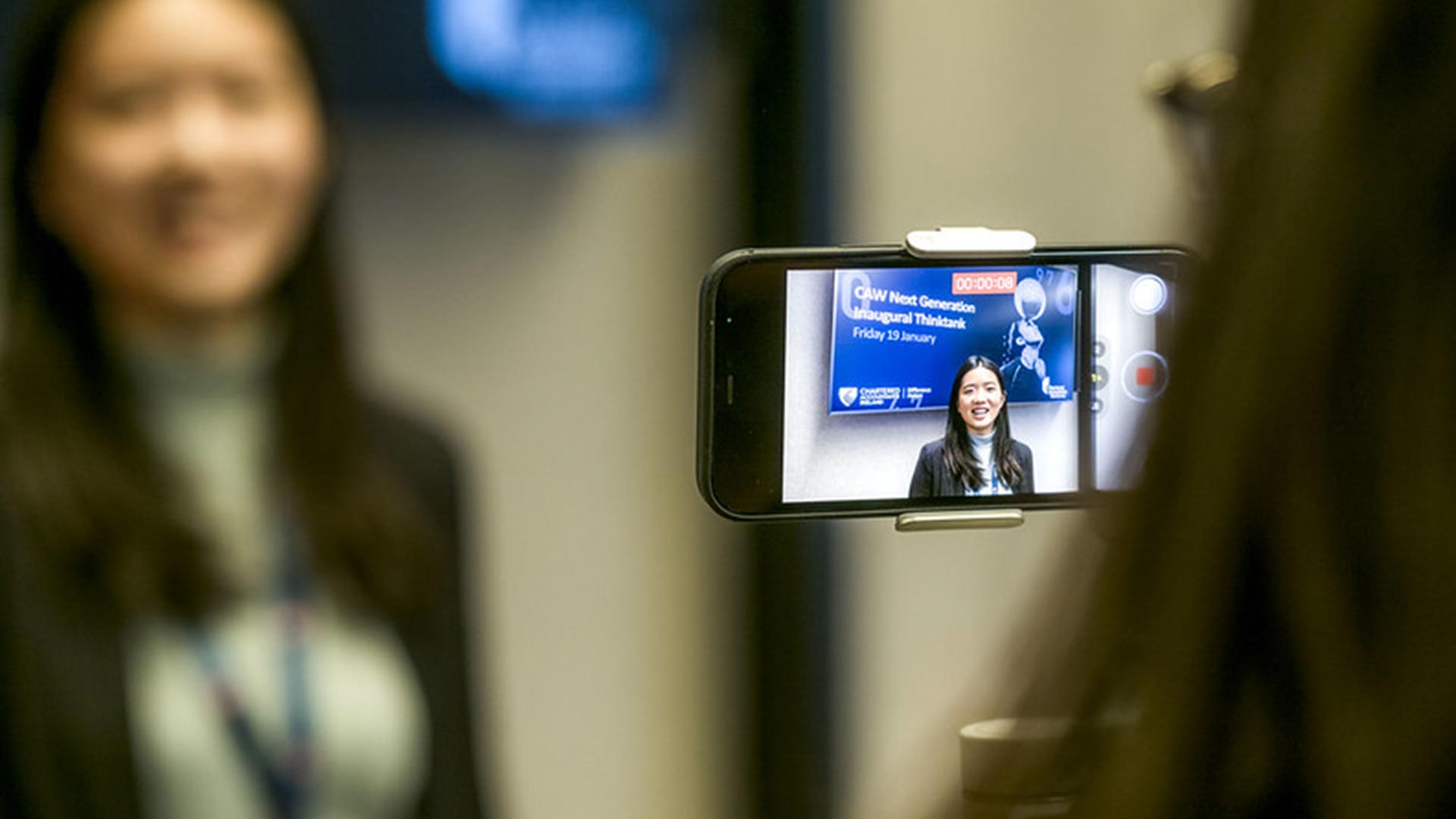The COVID-19 Pandemic: Challenges and opportunities for women entrepreneurs

By Annie McWalter, CEO of SAICA Enterprise Development and The Hope Factory
While women entrepreneurs optimistically face the future in order to succeed, we cannot ignore the uneven challenges presented by the COVID-19 pandemic
In considering the impact of the COVID-19 pandemic through the lens of gender, worldwide research indicates that women entrepreneurs appear to have been the hardest hit.
A staggering 87% of women business owners globally say they have been adversely affected by the pandemic. According to the World Bank, female-owned businesses were 5,8 percentage points more likely to have closed their businesses than male-owned businesses. More specifically, in South Africa, 59% of women-owned businesses worked in sectors hardest hit by the economic downturn such as retail, restaurants, food shops and domestic services. (Click here to read more).
Women entrepreneurs are generally more likely to be found in the services industries than in manufacturing or technology. These are the main sectors that are bearing the initial brunt of disruptionfrom the pandemic. In addition, women entrepreneurs are more likely to be assuming childcare, homeschooling and domestic responsibilities than male counterparts, and this is having a significant impact on their productivity, stress levels and health. Before COVID-19, access to affordable child care was identified as a critical need, particularly for lower-income women. During COVID-19, virtually all women entrepreneurs, regardless of their socioeconomic status, were typically disadvantaged by the additional childcare, additional homeschooling/educational duties and household burdens, and even money could not buy the additional support that they needed with often country-legislated lockdowns.
According to the Women Entrepreneurship Knowledge Hub, women entrepreneurs are more likely to combine social goals with economic goals and objectives and as a result of the COVID-19 pandemic, support for social enterprises was more difficult to obtain in the current global economic environment. Women are more likely to self-finance their businesses or to rely on government grants and are less likely to obtain financing − and those who do have lower levels of financing. Women-led businesses represent a very small percentage of companies receiving venture capital or angel investments and men are four times more likely to receive these forms of financial support.
‘Limited access to finance is a big issue for female entrepreneurs globally, even though women more consistently pay loans back when they take them out,’ according to Zora Madikizela. She goes on to explain that many women entrepreneurs are not financially savvy, which is a problem when they apply for loans. Applications for credit rely on the past records of the SMME, and these are often lacking. Educating women in finance is therefore essential so they can apply for and obtain credit successfully. This is why SAICA Enterprise Development has chosen this as one of its key focus areas in improving financial excellence in SMMEs.
There is also evidence that female entrepreneurs thrive in different environments and with different types of support than male entrepreneurs according to the Women Entrepreneurship Knowledge Hub. Research has shown this to be true for women’s access to incubators, mentors and advisors, training needs and business support generally. Not only are there often different considerations because of the structures of inequality (such as child care) but also the socialisation of women, the gendered nature of entrepreneurship and lack of role models, the confidence gap, means that the form support needs to be given should be adapted to the needs of women. This is one of the key reasons that The Hope Factory is primarily focusing on women-owned businesses, as well as youth-owned businesses, in its empowerment and development strategy.
Although there have been many challenges, the COVID-19 pandemic has also generated several opportunities for female entrepreneurs. For instance, the virus outbreak highlighted women’s ability to lead under extraordinary circumstances. As the monumental loss of lives and livelihoods was being experienced worldwide, female world leaders such as Prime Minister Jacinda Ardern of New Zealand, Prime Minister Sanna Marin of Finland, Chancellor Angela Merkel of Germany and the President of the Republic of China (Taiwan), Tsai Ing-Wen, presided over some of the most successful efforts in containing the virus while instilling order, assurance, trust and calm across their respective economies. The implication of this is paramount; it demonstrates the untapped value of women as leaders and also provided prominent role models at a pivotal moment in world history. In addition, almost half of female entrepreneurs (48,7%) around the world report being driven by a desire to contribute to the greater societal good. (Click here to read more).
As a result of the pandemic, some women business owners are already reacting to our new world of work with renewed confidence and adaptability, tapping into new business opportunities or realigning their business models to cater to new consumer behaviour and local or global needs. According to the Mastercard Index, 42% of women-owned businesses have shifted to a digital business model, 37% are developing an area of business to meet local or global needs, and 34% have identified new business opportunities since the pandemic. They indicate that the ‘desire to transform and be nimble has strengthened women business owner’s resilience and this will certainly be needed in helping their economies on the path to recovery.[6] The pandemic has also presented new business opportunities for women, especially in terms of online shopping and services, ensuring access to technology or digital solutions, affordable data and modern trade.
‘[R]egardless of an economy’s wealth, level of development, size, and geographic location, gender inequalities continue to persist. If anything, 2020 illuminated how vast women’s potential in South Africa really is. A crisis will always reveal vulnerabilities in the system, and the pandemic has done that in spades. But unlike any other economic downturn, the pandemic has also paved the way for considerable progress, and we have seen what can be achieved when priority is given,’ says Suzanne Morel, country manager at Mastercard, South Africa.
Although government policies across the world to escalate measures to support businesses (particularly SMEs) have been effective, to balance the scales of opportunity, gender-specific support measures are needed to advance women business owners and employees who are already at a disadvantage. Now is the time for governments, professional bodies, institutions and organisations to take decisive action in implementing targeted gender-specific support, particularly in aligning domestic and business gender parity and specifically tackling financial marginalisation.












